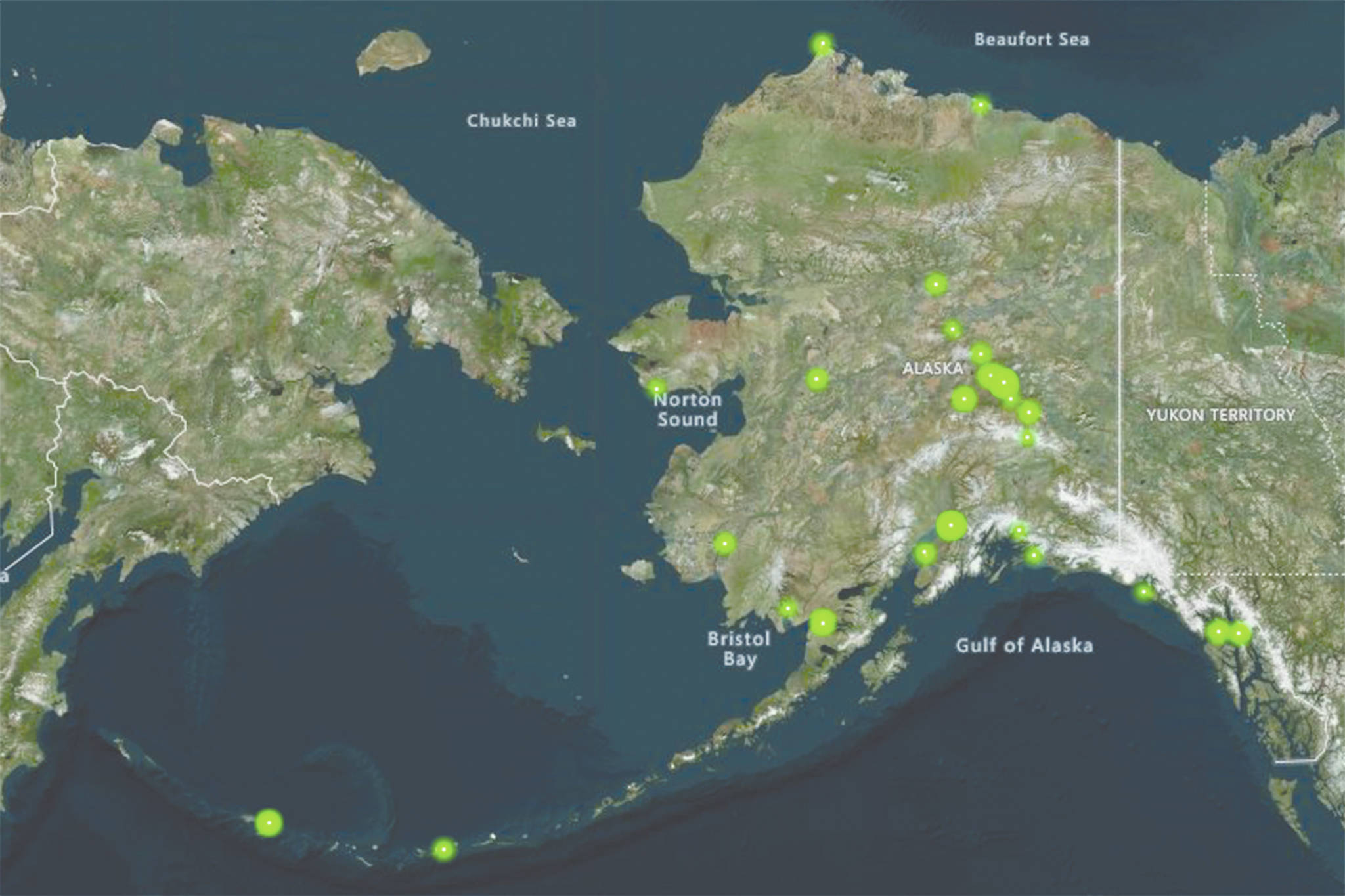By Kelly McLaughlin
As we look at the possibility of visitors returning to pristine Glacier Bay and Gustavus this year, we are still grappling with the not-so-little secret that Gustavus is not pristine. We have a major water contamination issue that many still haven’t heard of — PFAS.
Last year Sen. Jesse Kiehl and Rep. Sara Hannan introduced legislation that helped to fill critical gaps in how our Great State currently regulates PFAS chemicals. PFAS are a group of human-made chemicals that do not easily break down and have been widely used in industry and consumer products for decades. PFAS have been linked to cancer, thyroid disease, infertility, high blood pressure, liver and kidney damage, and a host of other ailments. PFAS are key ingredients in firefighting foam that has long been used for fire suppression at airports across Alaska, where regular training with the foam has led to significant groundwater contamination.
The legislation introduced last year would have lowered the “action level” for key PFAS chemicals in drinking water in Alaska.In the past year, similar legislation was passed in many other states. These states are stepping up and taking action to protect residents and visitors in the absence of regulatory action at the federal level. Unfortunately, COVID-19 shut the Alaska legislature down early last session, and the considerable momentum that had quickly built for the bills died with the last legislative session. Now Kiehl and Hannan are preparing a similar set of PFAS bills to be introduced this session.It is time for Alaska to join the many other states across the nation who have passed stringent legislation to regulate these insidious chemicals.
Our legislators have the chance now to take a stand and protect the health of Alaskans in a way that will positively impact current and future generations. PFAS are called “forever chemicals” because they do not ever naturally break down. The PFAS that have contaminated groundwater around the Gustavus airport will eventually move further away from the airport (dilute), and our contamination levels may someday drop to below the current action level, but at current rates we will not have safe drinking water until at least year 2741, and PFAS will never truly biodegrade.
Meanwhile, in 2021, Gustavus is facing a major airport runway repaving project scheduled to begin this month, yet the asphalt set to be ground down and repurposed was only just last week finally tested for PFAS. Results are pending. We know that the dirt that lies under and around the asphalt is contaminated. So is the groundwater.
The construction planned involves grinding up this asphalt (creating potentially PFAS-laden dust), and rebatching it into new asphalt, then distributing this recycled product all over our runway. This plan has the potential to redistribute PFAS over a much wider area, potentially leading to further groundwater contamination and more poisoned drinking wells. This process could also release vapors while heating potentially PFAS-laden asphalt, putting construction crew and locals at undefined risk.
Maybe the DOT and FAA would like to put some of the $20 million runway repaving dollars toward cleaning up the AFFF they pushed Gustavus volunteers and DOT employees to use here for so many years. If they don’t, we’ll be steeped in it for the next 720 years.
I recently got a pupp. In assessing my responsibility in adopting a new dog,I had to consider if this was an ethical decision, since this puppy will be exposed to PFAS from my contaminated property, for the rest of his life. That’s not a decision I wanted to ever have to make for a puppy, let alone for my children.
What is clear is that we don’t have the answers, we need more testing, we need regulations, legislation, and most of all, we need action at the local, state and federal levels. Start by calling your state representatives, and ask them what they’re doing to protect you.
• Kelly McLaughlin chairs the Gustavus PFAS Action Coalition. She resides in Gustavus.Columns, My Turns and Letters to the Editor represent the view of the author, not the view of the Juneau Empire. Have something to say? Here’s how to submit a My Turn or letter.

